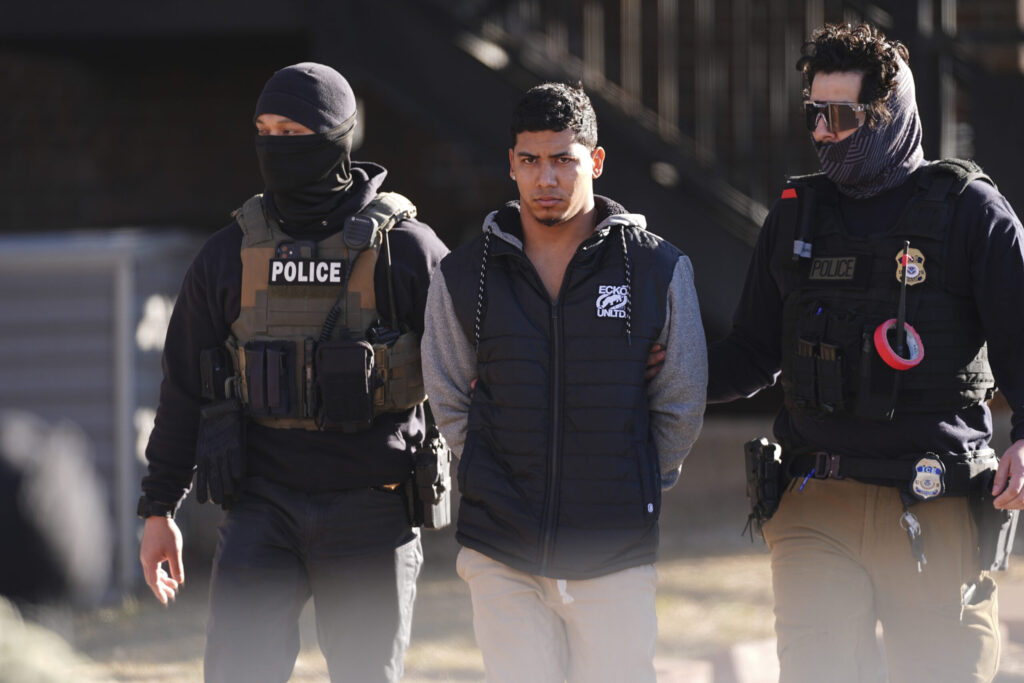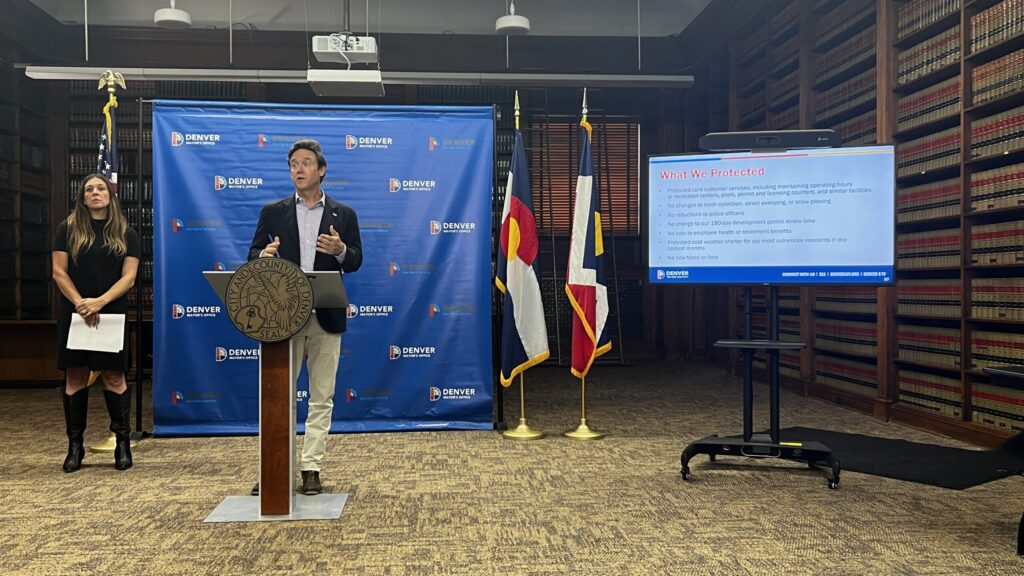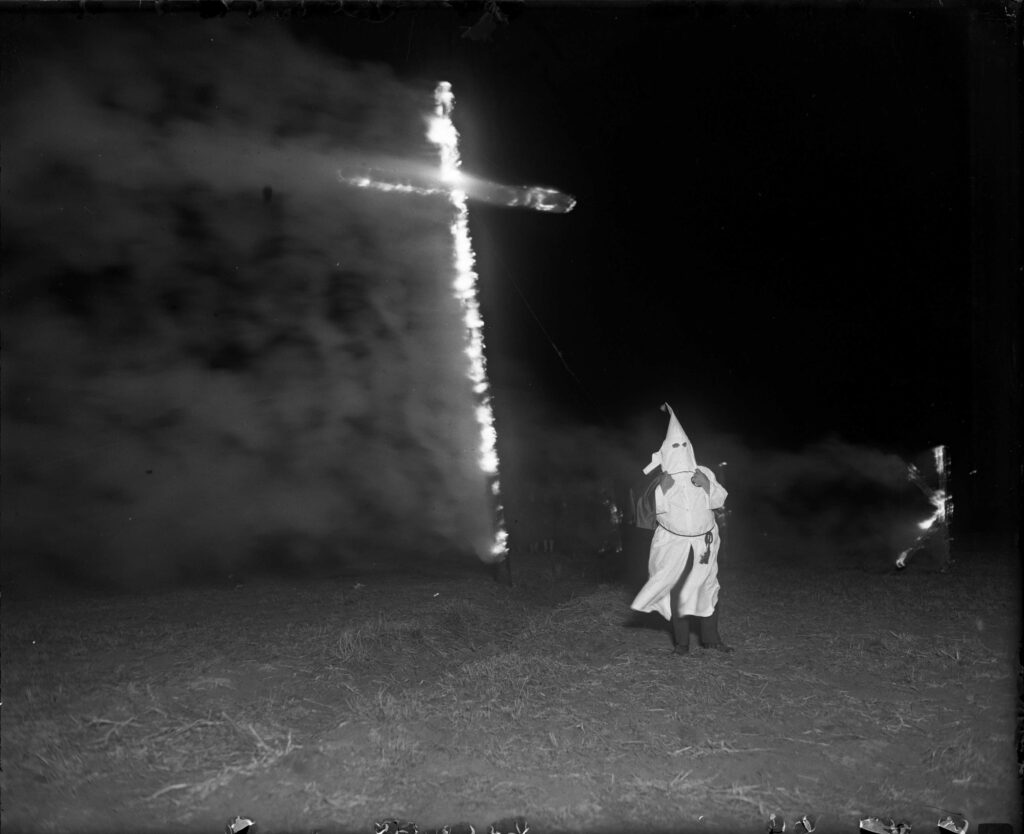Subpoena service often plays critical role in court cases

If the alleged victims of a 2021 menacing and kidnapping case had testified against the alleged Club Q shooter in court, he may have been in prison on Nov. 19, the night of the mass shooting.
But after a bomb threat, a SWAT team standoff and a subsequent arrest, the 2021 case against Anderson Aldrich was dropped because prosecutors could not serve subpoenas to the grandparents he allegedly threatened. Without victim or witness testimony, there was no choice but to dismiss the case, 4th District Attorney Michael Allen said Thursday.
“The defense stated …’These witnesses have basically been avoiding everyone,'” Allen said.
According to Colorado process-server requirements, a subpoena can be served by a sheriff’s deputy or anyone over 18 who is not involved in the case. Service can take place nearly anywhere, including at a person’s home or workplace. But a person trying to avoid a summons will often go to great lengths, including not answering their doors or phones, telling neighbors or co-workers to lie to the process server, and other desperate tactics.
“We deal with that daily,” said Jeannie Bennett, director of Serve Colorado Process Service. “People are always trying to evade or elude service.”
Some people are experienced at avoiding service, and others are openly hostile, according to a Colorado-based process server who asked not to be named.
“We’ve had people slam doors in our faces, sicc dogs on us,” the server said. “What we do isn’t always dangerous, but people aren’t usually that happy to see us.”
The fact that Aldrich’s grandparents now live in Florida further complicated the process. When two states are involved, sheriff’s deputies or process servers must follow the rules of both states in order to avoid having the case thrown out on a technicality. Florida, for instance does not allow process service on Sundays.
“That can be a more complicated process,” Bennett said.
Typically, a process server will make four good-faith attempts to serve a summons, Bennett said. If the server doesn’t make contact with the object of the subpoena, they’re required to inform the court.
“Our process servers work at it, but sometimes you just can’t serve them,” said Bennett, who worked as a process server before starting her own company. “In those cases, you prepare an Affidavit of Nonservice, and that goes back to the court.”
In Aldrich’s case, after multiple attempts to serve the grandparents, the presiding judge dismissed the federal charges and sealed the case.
“To convict somebody, Pamela Pullen (Aldrich’s grandmother) would have to appear in court and take the witness stand and testify against her grandson,” DA Allen said.
Judge unseals records of Anderson Aldrich’s 2021 bomb threat














